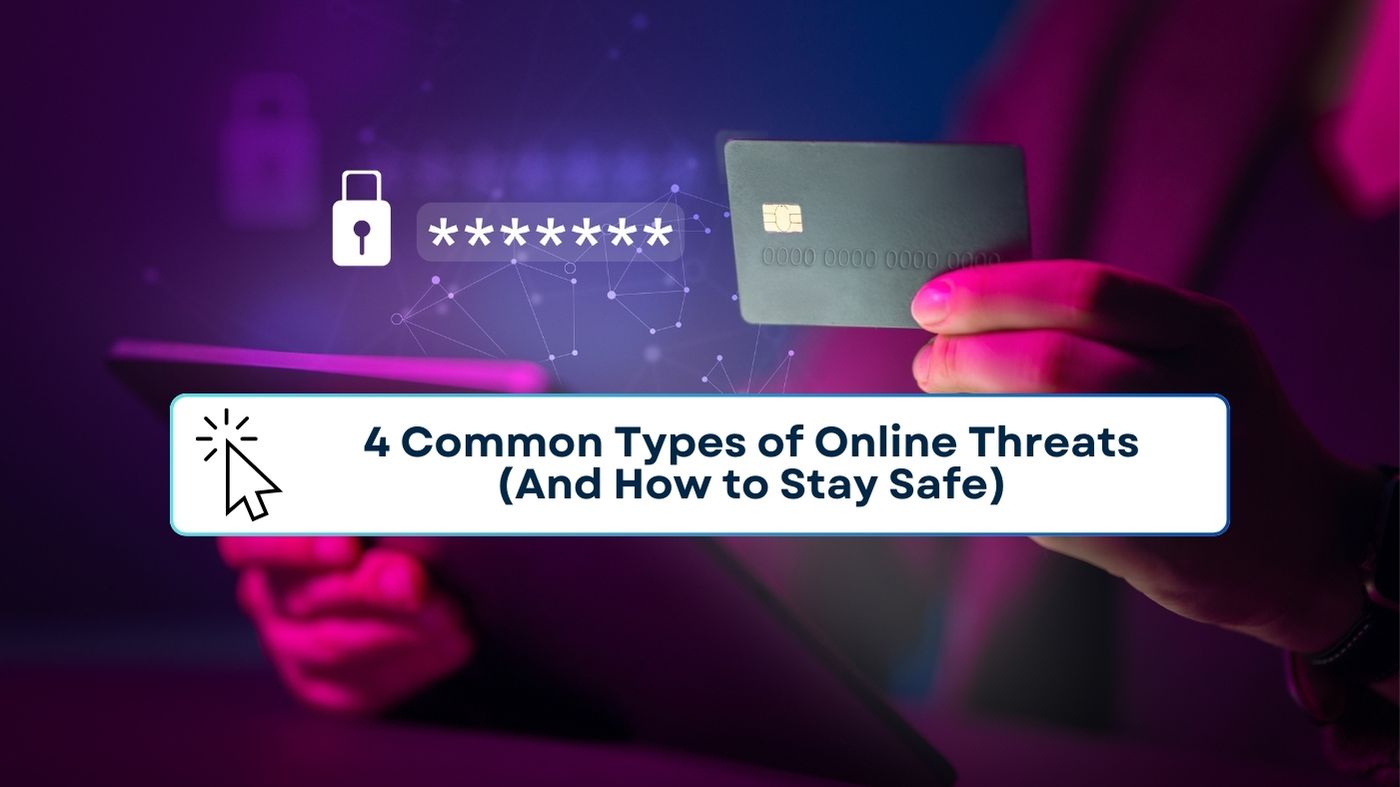It is undeniable that the internet has become an essential aspect of our daily routines. It offers numerous possibilities, from conducting business to staying connected with loved ones. Nevertheless, the online realm presents a potential threat to our personal computers. In this blog section, we will explore some of the prevalent methods through which your computer may be compromised online, along with effective measures to safeguard yourself.
1. Computer Viruses
Computer viruses are a form of malicious software that has the ability to reproduce and infect other computers. They are commonly transmitted via email attachments, file-sharing networks, and websites. When a virus is executed, it can wreak havoc on the computer and potentially spread to other computers on the network. This can lead to a range of issues, including file deletion, information theft, and data corruption.
Ensuring the use of a reliable antivirus program is crucial for safeguarding your personal computer against viruses. An antivirus functions by carefully examining incoming data for any potential threats and swiftly eliminating them to prevent any harm. In addition, it scans outgoing data to ensure that no harmful viruses are being transmitted.
2. Protecting Against Phishing Attacks
Another frequent method by which your personal computer can be compromised is through deceptive emails. Phishing emails mimic legitimate sources, like your bank or a frequently visited website, and often include a link that leads to an identical-looking website. After inputting your login information, the phisher will gain unauthorized access to your account.
To safeguard against phishing emails, it is crucial to refrain from clicking on any links provided in email messages. In addition, if you have any doubts about the authenticity of the email, it is recommended that you directly reach out to the company for clarification.
3. Malware
Another potential threat to your computer’s security is malicious software or malware. Malware is a form of software that is specifically created to harm or incapacitate your computer. It may be installed without your awareness or permission and it can be challenging to uninstall once it’s been installed.
Installing a reliable anti-malware program and ensuring it is regularly updated is crucial for safeguarding your computer against malware threats. It is important to exercise caution when browsing websites and only download files from reliable sources.
4. Distributed Denial of Service
A Distributed Denial of Service (DDoS) attack aims to render a website or server inaccessible by overwhelming it with an excessive amount of traffic from numerous computers. These disruptions can be highly problematic and lead to website crashes.
In order to safeguard your computer against a DDoS attack, it is crucial to set up a firewall and ensure that your computer is not part of a botnet. Additionally, utilizing a DDoS protection service can provide an extra layer of security for your website or server.
Additional Measures to Protect Yourself From Online Dangers
- It is crucial to create and maintain strong passwords, ensuring that they are never reused.
- It is important to regularly update your software. This encompasses your operating system, web browser, and any other software that you have installed.
- It is important to refrain from sharing personal information on the internet. This information includes your home address, phone number, and date of birth.
- Consider installing a browser extension that can scan webpages for potential risks before you visit them.
- It is advisable to refrain from using public Wi-Fi networks.
If you have concerns about the security of your computer or want to ensure its well-being, reach out to TN Computer Medics for assistance. We provide computer repair services in Murfreesboro and the surrounding areas. We have the expertise to assess if your computer has been compromised and provide effective solutions to enhance its security, safeguarding it against future attacks.

